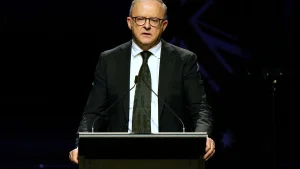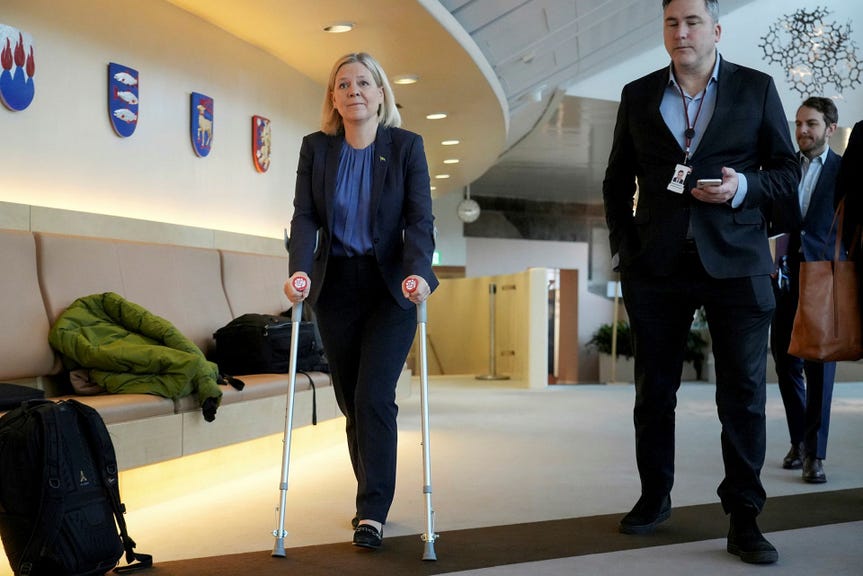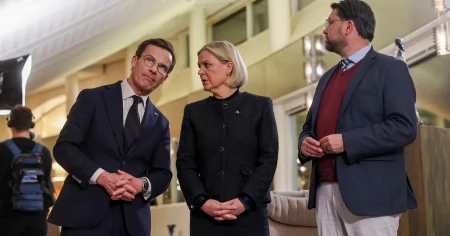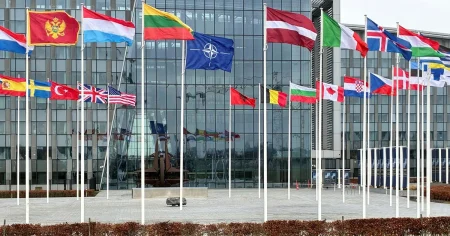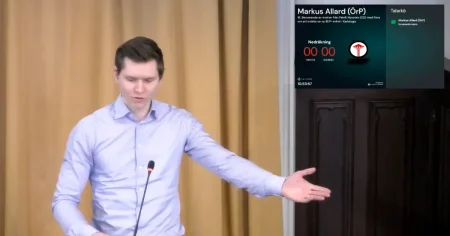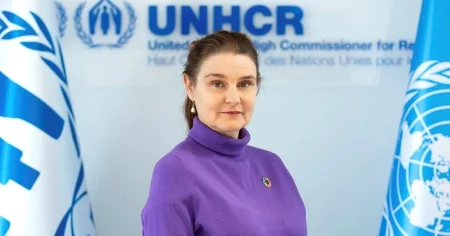The inaugural parliamentary debate of the year is set to unfold today, promising a fiery exchange between party leaders. A key point of contention revolves around the highly sensitive issue of citizenship revocation, with proposed revisions to existing legislation sparking heated debate across the political spectrum. Proponents argue for stricter regulations, emphasizing the importance of national security and the need to address potential threats posed by individuals who have acquired citizenship through fraudulent means or have engaged in activities detrimental to the nation’s interests. Opponents, however, express grave concerns about the potential for discriminatory application of these laws and the erosion of fundamental rights, fearing that vulnerable individuals could be unfairly stripped of their citizenship. The debate promises to delve into the intricate balance between national security and individual rights, a complex legal and ethical tightrope walk that has far-reaching implications for both citizens and the nation’s identity.
Adding fuel to the already volatile atmosphere is the recent controversy engulfing Prime Minister Ulf Kristersson, who now faces a formal complaint filed by the Left Party to the Constitutional Committee (KU). The complaint stems from a security breach involving Kristersson’s security advisor, who reportedly left classified documents unattended at a conference center. This incident has raised serious questions about the government’s handling of sensitive information and its commitment to safeguarding national security. The opposition parties are expected to seize upon this opportunity to scrutinize the Prime Minister’s leadership and demand accountability for the lapse in security protocol. The Prime Minister, in turn, will likely be pressed to explain the circumstances surrounding the incident and outline the steps taken to prevent similar breaches in the future.
The debate also comes at a time of heightened political tension, with the nation grappling with a complex array of domestic and international challenges. Economic instability, rising inflation, and the ongoing energy crisis are all adding to the pressure on the government. Furthermore, the war in Ukraine continues to cast a long shadow over Europe, raising concerns about regional security and the potential for further escalation. These multifaceted challenges will undoubtedly inform the discussions and shape the political landscape in the months ahead, adding weight and urgency to the debates unfolding in the parliament.
The citizenship revocation debate is particularly complex, involving a delicate balancing act between protecting national security and upholding fundamental human rights. Opponents argue that the proposed changes could disproportionately affect marginalized communities and create a climate of fear and distrust. They also raise concerns about the potential for abuse of power and the lack of adequate safeguards to protect individuals from wrongful deprivation of citizenship. Proponents, on the other hand, maintain that the current laws are insufficient to address the evolving security landscape and that stronger measures are needed to protect the nation from internal and external threats. The debate is expected to explore these contrasting perspectives and grapple with the thorny legal and ethical questions at the heart of this contentious issue.
The Prime Minister’s handling of the security breach involving his advisor will also be under intense scrutiny. The opposition parties will likely demand a thorough investigation into the incident and question the effectiveness of the government’s security protocols. They may also attempt to link the incident to broader concerns about the government’s competence and its ability to manage sensitive information. The Prime Minister will need to demonstrate a clear understanding of the gravity of the situation and articulate a convincing plan to restore public confidence in the government’s ability to protect national security. This incident underscores the critical importance of maintaining robust security procedures and the potential consequences of even seemingly minor lapses in protocol.
In the broader political context, the debate will also serve as a platform for the various parties to articulate their visions for the future of the nation. With the next general election looming on the horizon, the party leaders will undoubtedly use this opportunity to highlight their accomplishments, criticize their opponents, and outline their policy priorities. The debate will provide a valuable glimpse into the current state of Swedish politics and the key issues that are likely to dominate the political discourse in the months and years ahead. It promises to be a crucial moment for the nation, offering an opportunity for robust debate, critical reflection, and ultimately, a renewed focus on the challenges and opportunities that lie ahead.


